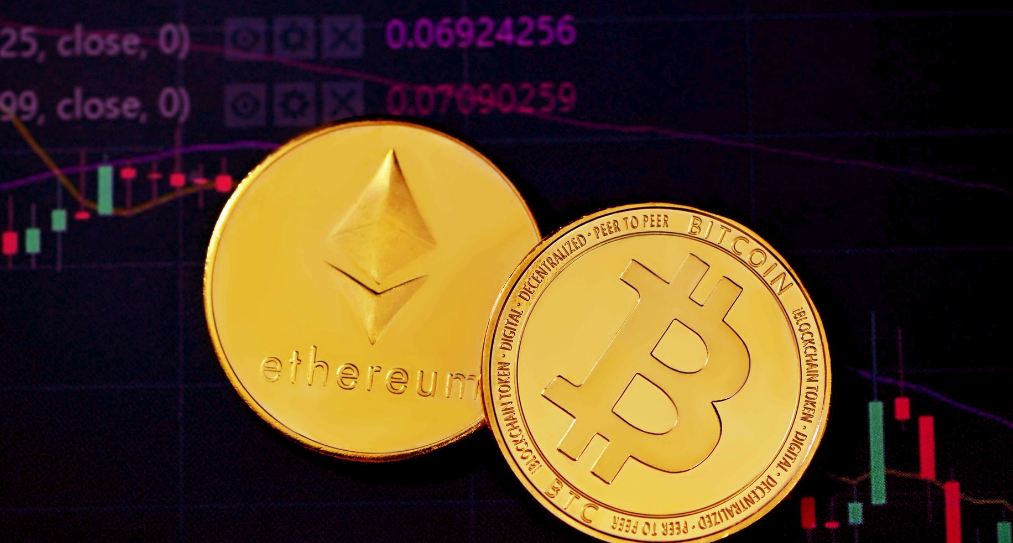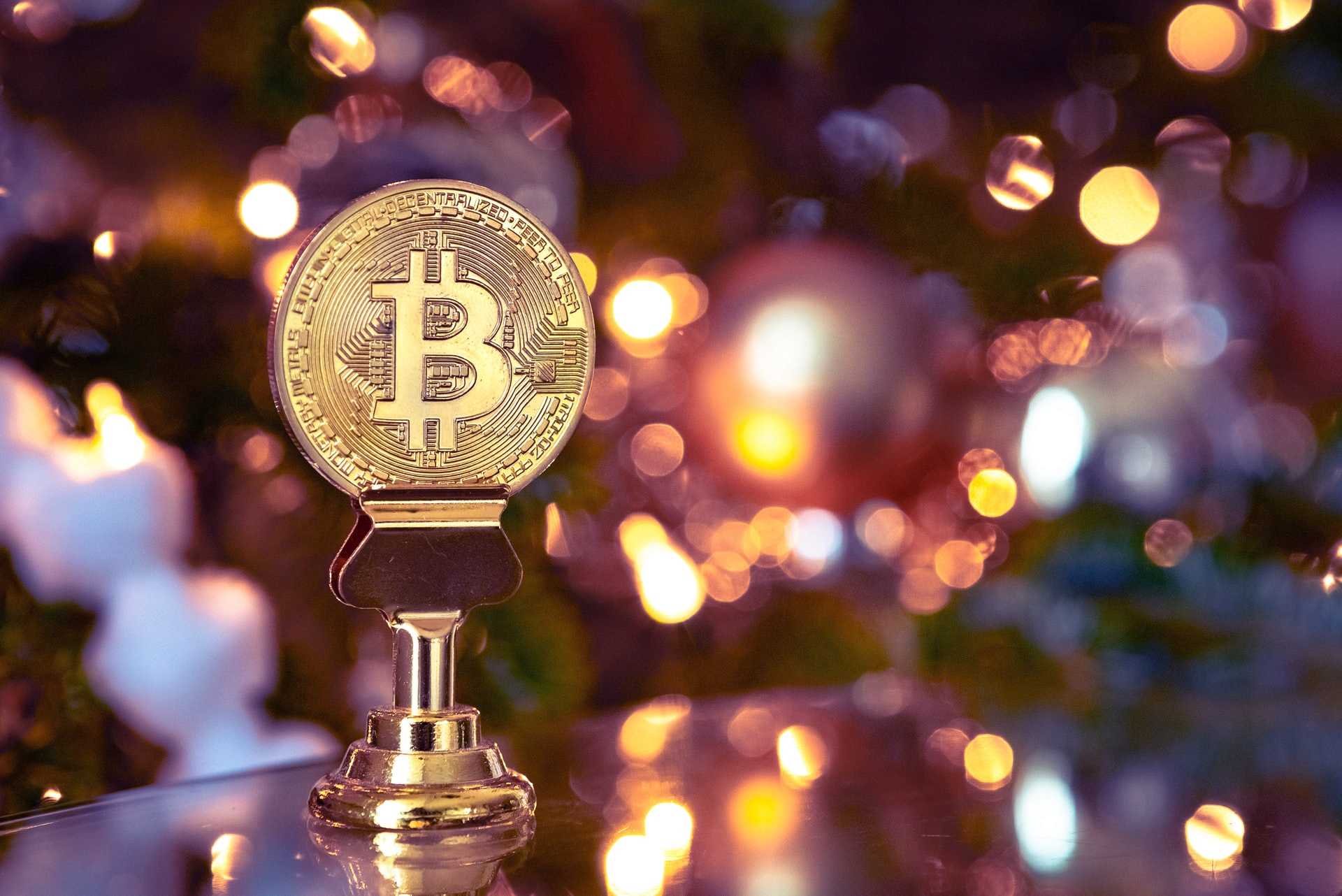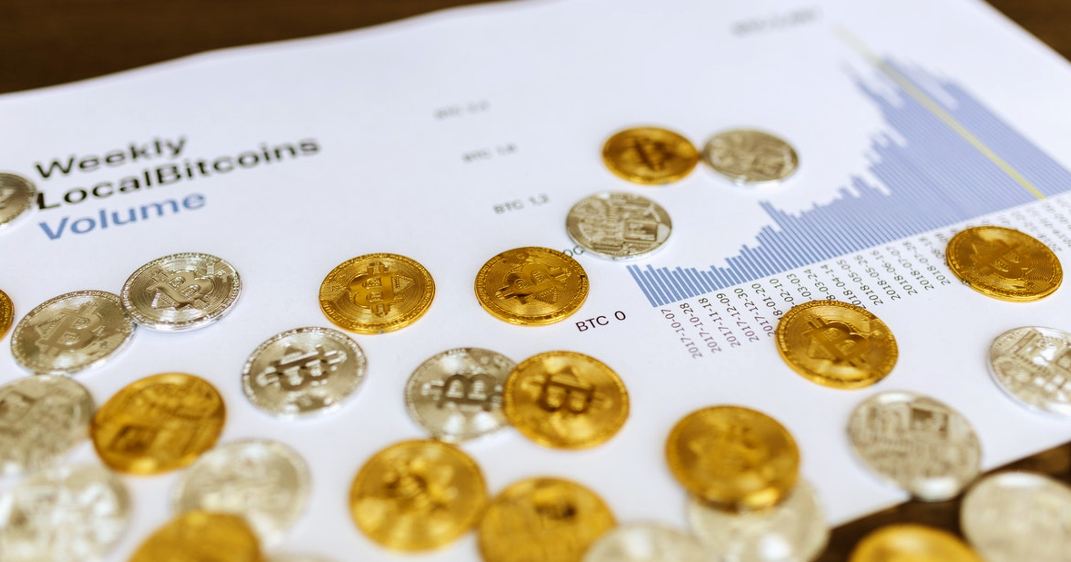There are mainly two ways of creating cryptocurrencies: an initial coin offering (ICO) kick-starts the production, or the unit is processed. There are various cryptocurrencies, but there is a lot more exciting crypto which many people don’t know. Ripple is one such cryptocurrency.
There are important sites like Bitcoin trading, which help new traders with the cryptocurrency market.
Before getting into more about its mining, let’s know more about what Ripple is!
What is Ripple?
Ripple, often known as XRP, is the third-largest market capitalization of all cryptocurrencies.
Ripple was created as the money for a centralized billing system. That is both its attractiveness and a typical lead. Some within the crypto market do not believe Ripple is a viable alternative to specific other cryptocurrencies, notably due to its concentration and executive governance. Ripple specializes in quick and low-cost financial institution interactions, as well as marketing and participant payments.
Any individual can complete a Ripple transaction in seconds, comparable to minutes for an Ethereum transaction, hours for a Bitcoin transaction, and sometimes three to five days for a standard currency direct deposit. Ripple transfers cost under half a cent in general, making them among the cheapest of all cryptocurrencies and potentially millions of times more affordable than regular bank transfers.
What is cryptocurrency mining?
Cryptocurrency mining decodes cryptographic sequences using computing capacity and specific resource extraction applications. When enough passwords have been translated, the block is digitally signed, and the mining company is rewarded in cryptocurrency. The complexity of most coins is being released into commerce, necessitating more computing capacity for every additional cash into circulation.
The miner could use a conventional twofold cornerstone or quad-core controller to extract some relatively new coins and currencies that use encryption process methodologies to manage an even level field for mining communities, such as Monero. However, extraction as part of the pool is way more efficient than solo mineral extraction. Mining on lesser spec equipment will likely tear down more maintenance costs than what it receives in crypto-assets.
Why can’t Ripple be mined?
In the classical sense, only a few cryptocurrencies may be available for mining by a miner. Ripple is a member of this category. The cryptocurrency, with 100 billion Ripple coins at the start, was introduced. Ripple Labs, originally OpenCoin, nevertheless retains roughly 60% of the cryptocurrency in blockchain and distributed recurring billing.
The unutilized amount of cash will be pushed over into a new outstanding balance that would not be set to release until the first month where no account is estimated to be previewed. The ripple project manager can generate up to one billion tokens per month, but the presumed approval percentage is far negligible than that. That may sound technical, but it simply means that Ripple’s supply is unlikely to open abruptly, increasing dramatically and causing prices to fall. Perhaps, there is a prediction of a systematic variation in-store.
Ripple features prominently in the cryptocurrency world, offering conventional bank transaction acceptability for banks, organizations, and even consumers, albeit the emphasis is on multinational corporations. The long-term worth of the cryptocurrency, XRP, will be mainly determined by Ripple’s ability to gain recognition as an alternate or even preferable method of money transmission around most of the world.
What are the alternatives to Ripple?
Any miner cannot mine Ripple, and Bitcoin has evolved into an industrially mined currency, putting the necessary technology and power out of reach for most people. Altcoin miners continue to favour Ethereum, Litecoin, Monero, and Dash. Various factors, including hardware and the availability of mining pools, determine the mining success and profitability. Many miners prefer to concentrate on altcoins with larger market capitalizations hoping that these currencies would outlast others. Cryptocurrencies, especially newer ones, tend to fade into oblivion.
Conclusion
As we found, that any miner cannot mine Ripple, there are also plenty of traders and investors for short-term traders looking to profit from XRP’s previously undiscovered market turmoil, as well as long-term traders looking to build a role in a severely restricted monetary system that has the potential becoming the core of several expected investment intermediaries.



